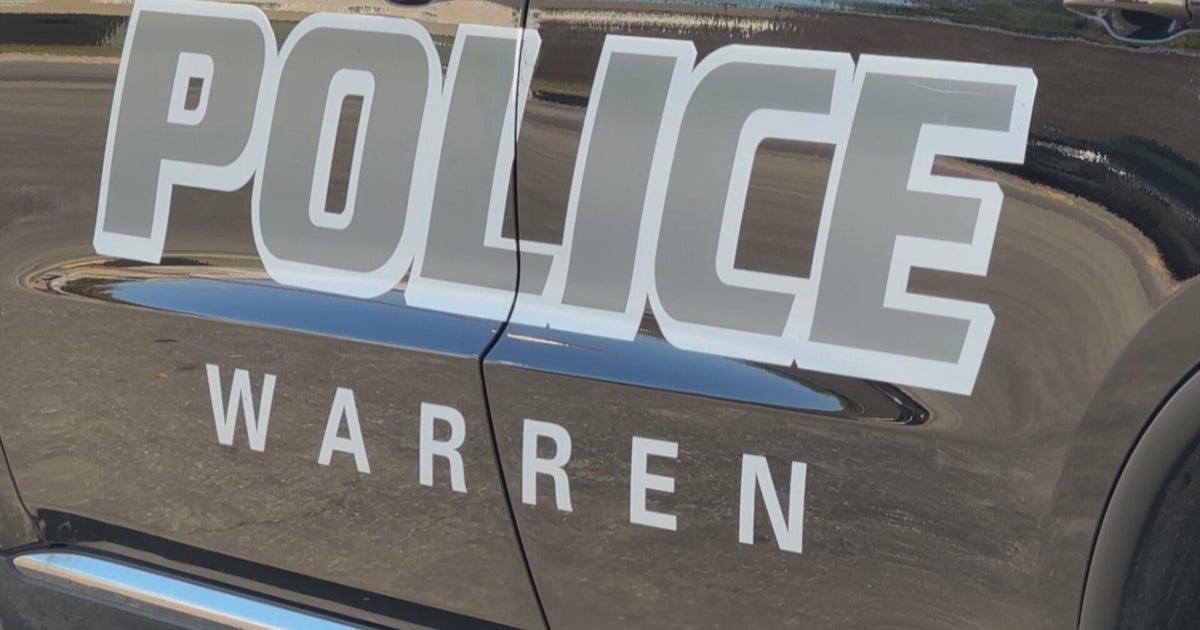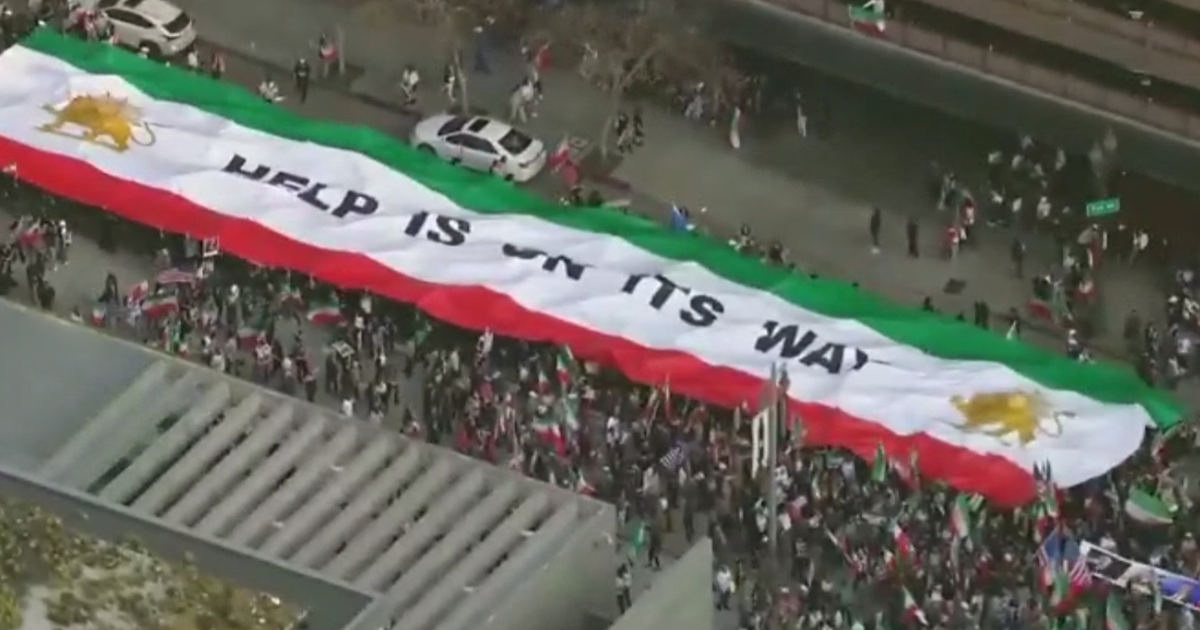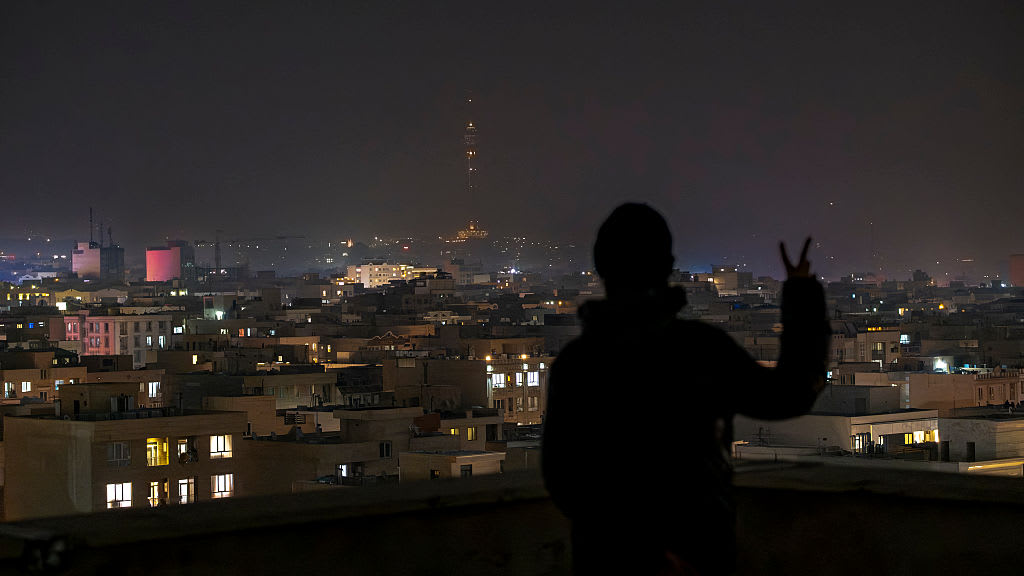Maker of tear gas used on Washington, D.C., protesters will exit business
Defense contractor Safariland is exiting the business of producing tear gas and other crowd-control weapons. The move comes amid intense scrutiny of police brutality, including concerns about what critics have decried as harsh crackdowns on peaceful protests over the death of George Floyd.
Safariland on Tuesday said it's selling its Defense Technology unit, which makes rubber bullets, batons and stun grenades as well as tear gas. The unit is being sold to the company's management team, according to the announcement. No other terms of the deal were disclosed.
The decision by privately owned Safariland to stop selling crowd-control products follows a report by CBS MoneyWatch on Monday that the company made the tear gas used on protesters in Washington, D.C. Safariland and its distributors have had more than $130 million in sales over the past three and a half years from the U.S. government, the report noted.
Tear gas had been an area of growth for Safariland, but it had also caused turmoil for CEO Warren Kanders, who is also the company's controlling shareholder. Kanders was pressured to quit the board of the Whitney Museum last year following months of protests after it was revealed that Safariland's tear gas has been used on asylum seekers, including children, at the U.S.-Mexico border.
The spotlight has also made it harder for the company to attract investors. Private equity giants Blackstone and KKR ended their financial relationships with the company following criticism of their ties to Safariland.
Safariland said it is selling its Defense Technology unit to refocus on its "passive defensive protection" products, such as body armor and helmets for law enforcement. It did not cite any of the controversy around the use of tear gas or the recent protests against police brutality against minority communities.
A spokesperson for Safariland confirmed to CBS MoneyWatch that Kanders and Safariland will have no stake in the tear gas and rubber bullet unit once it is sold off. In a press release, Safariland said that Defense Technology accounted for 8% of the company's sales.
Kanders has also recently faced criticism for a lack of diversity at another one of his businesses. In addition to leading Safariland, Kanders is the executive chairman and largest shareholder of publicly traded sporting goods company Clarus. Most of the company's revenue comes from mountain climbing brand Black Diamond, according to FactSet. But the company also owns ammunition maker Sierra Bullets and other smaller brands.
Clarus did not return a request for comment for this story.
Last month, California pension fund giant CalPERS recommended that Clarus shareholders vote against re-electing Kanders and two other Claris board members in part because of a lack of diversity in the company's leadership ranks. All three board members were re-elected at the company's board meeting last week.



